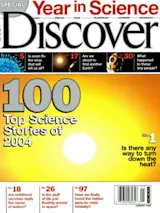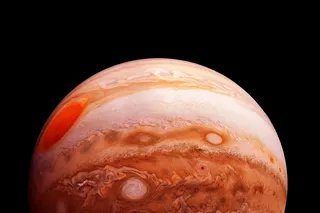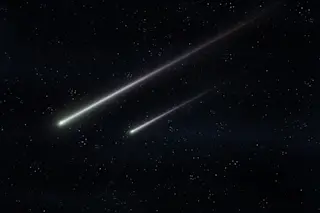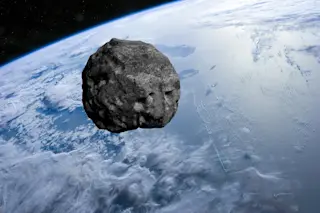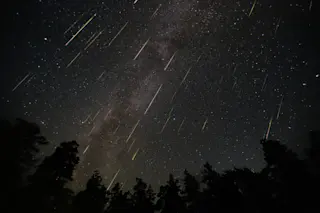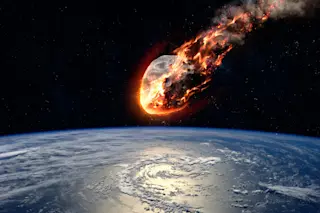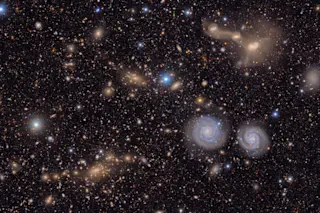The enormous meteorite or comet that struck Earth 65 million years ago, marking the end of the dinosaur era, threw a double whammy. Its impact, equivalent to that produced by as much as 250 million megatons of TNT, vaporized thick layers of rock and sent it sky-high, where some of it condensed into searing droplets that may have ignited wildfires around the world. The remainder lingered in the atmosphere and had an equally devastating effect. Computer models suggest that the aerosols, rich in sulfate, would have reflected sunshine and plunged Earth into darkness for up to five years, shutting down photosynthesis and triggering a nuclear winter.
In June paleontologists described the first convincing physical evidence for this scenario. Henk Brinkhuis, a paleoecologist at the University of Utrecht in the Netherlands, analyzed marine fossils from a layer of rock in northwest Tunisia that was deposited soon after the impact. He found ...


